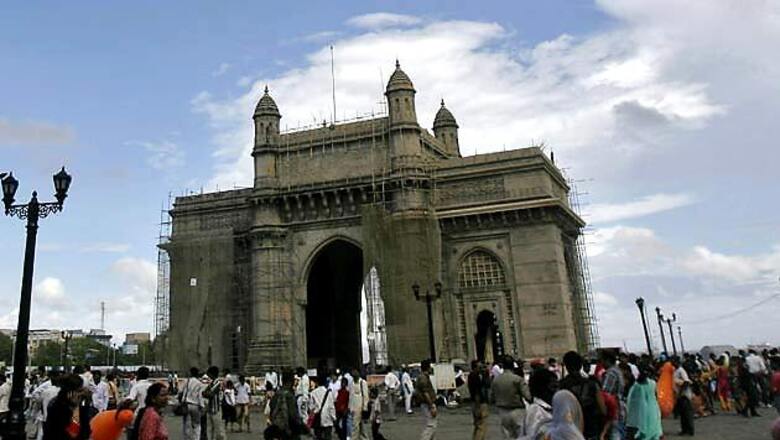
views
Islamabad: A four-member team of Indian legal experts has reached Pakistan to finalise the terms of reference of a judicial commission that is expected to visit India next year to gather evidence on the 2008 Mumbai attacks. The delegation, led by a joint secretary of the Home Ministry, includes legal experts from the Home and External Affairs Ministries.
Public Prosecutor Ujjwal Nikam - who handled the prosecution of Ajmal Kasab, the lone surviving terrorist involved in the Mumbai incident - is also part of the team. The team arrived late Wednesday night, officials said on Thursday. It will hold talks on Thursday and Friday with Attorney General Irfan Qadir and other Pakistani officials to finalise the terms of reference for the second judicial commission that will go to India to investigate the Mumbai attacks.
Pakistani authorities decided to send another panel to Mumbai as the findings of the first judicial commission were rejected by an anti-terrorism court as its members were not allowed to cross-examine four key witnesses - the police officer who led the probe into the attacks, the magistrate who recorded Kasab's confessional statement and two doctors who
conducted autopsies of nine terrorists killed during the attacks.
An agreement was reached on the visit by a second judicial commission when Pakistan's Interior Minister Rehman Malik met his Indian counterpart Shushilkumar Shinde in Delhi recently. Malik said on his return to Islamabad that if the terms of reference are finalised this week, the panel will visit India on January 2 or 3.
Sources said that a decision was made to include Public Prosecutor Nikam in the team of legal experts as he was well versed with all the intricacies and complex legal issues associated with the trial of persons involved in the Mumbai attacks. "Pakistani law is very similar to Indian law and Nikam will play a key role in framing terms of reference that will allow the evidence gathered by the judicial commission to be introduced in a Pakistani court," a source said.
Given the experiences with the first judicial commission, it is believed the Indian side will insist on some sort of undertaking that the evidentiary value of the findings of the new panel is not rejected by the Pakistani anti-terrorism court that is conducting the trial of seven suspects, including Lashkar-e-Taiba commander Zakiur Rehman Lakhvi.
One of the trickiest issues that will be tackled during the discussions between the Indian team and their Pakistani interlocutors is the cross-examination of witnesses. Pakistan has in the past been reluctant to allow cross-examination. If the Pakistani commission is allowed to cross-examine Indian witnesses, Indian authorities would seek the same facility for a judicial commission that is expected to be sent to Islamabad in the near future, legal experts said.
"The Indian side would ask to cross-examine Zakiur Rehman Lakhvi, which the Pakistani side would be reluctant to allow," said an expert, who did not want to be named. The seven suspects have been charged with planning, financing and executing the terror attacks that killed 166 people in Mumbai in November 2008.
Nine of the LeT terrorists involved in the attack were killed by Indian security forces. Kasab, who was captured, was hanged last month in a Pune jail. The trial of the Pakistani suspects made little or no headway for months due to various technical and legal issues. The Lahore High Court has barred the anti-terrorism court from using Kasab's confession while defence lawyers have contended that existing Pakistani laws do not allow witnesses
in another country to depose via video conferencing.


















Comments
0 comment